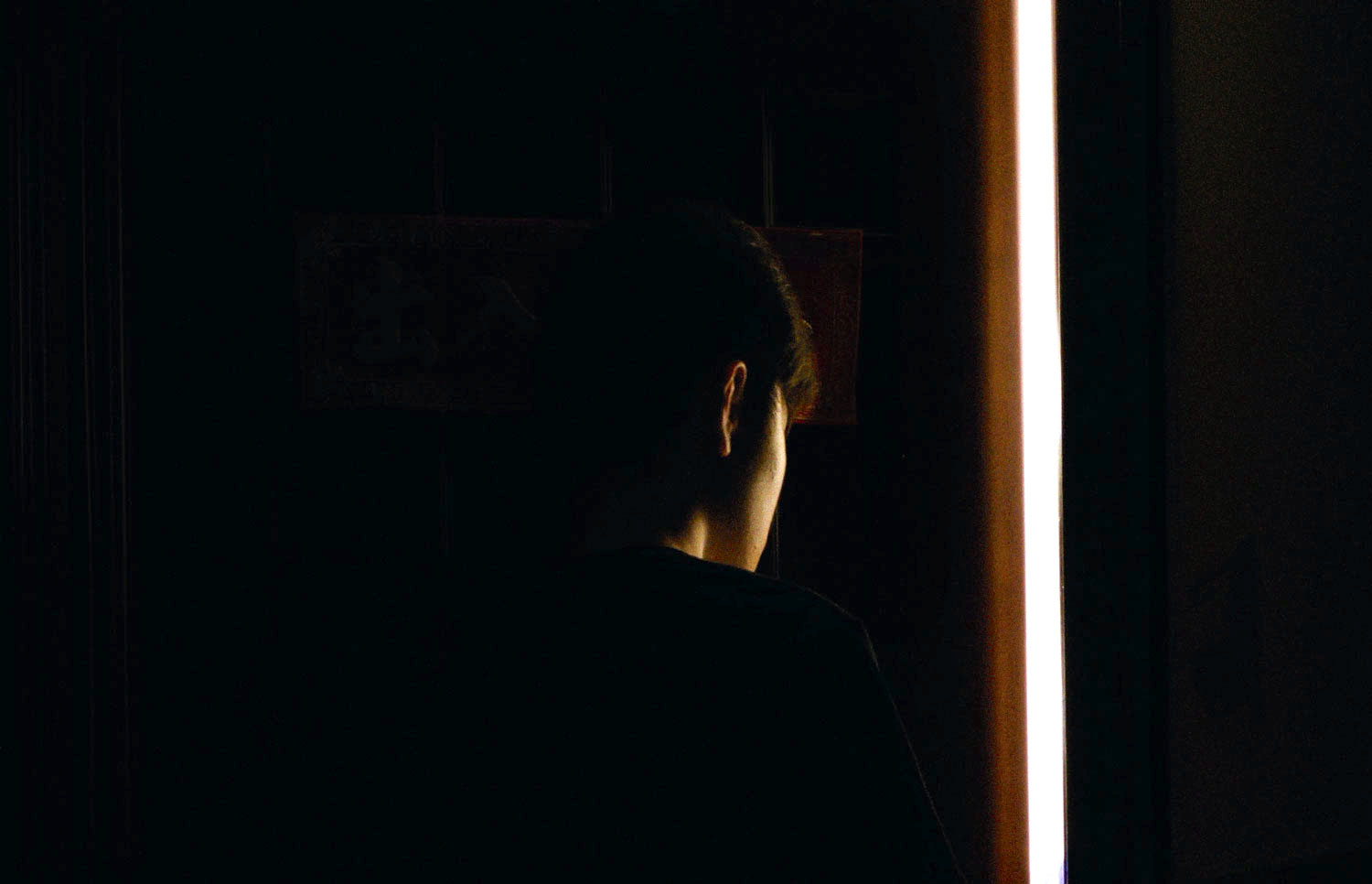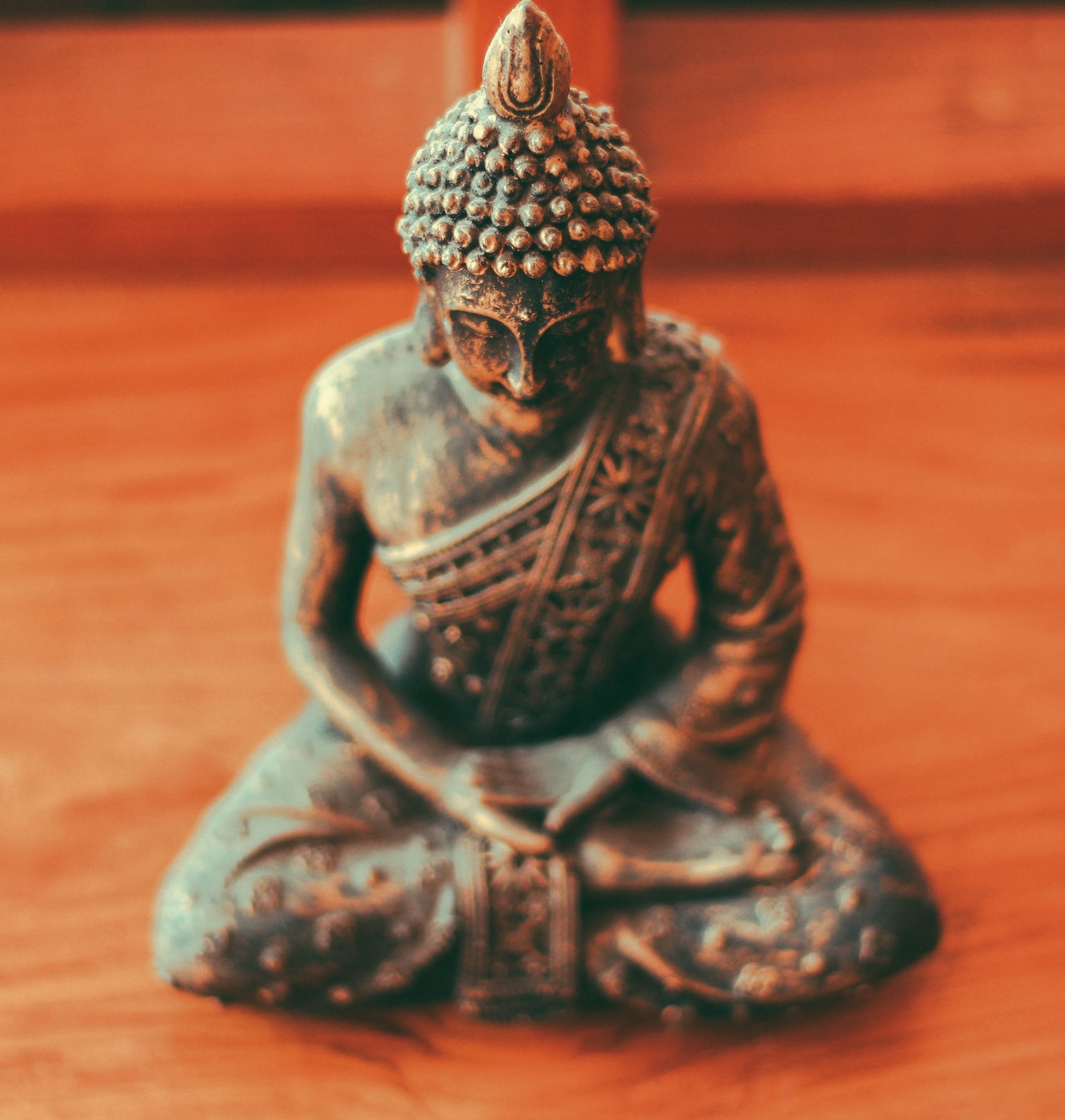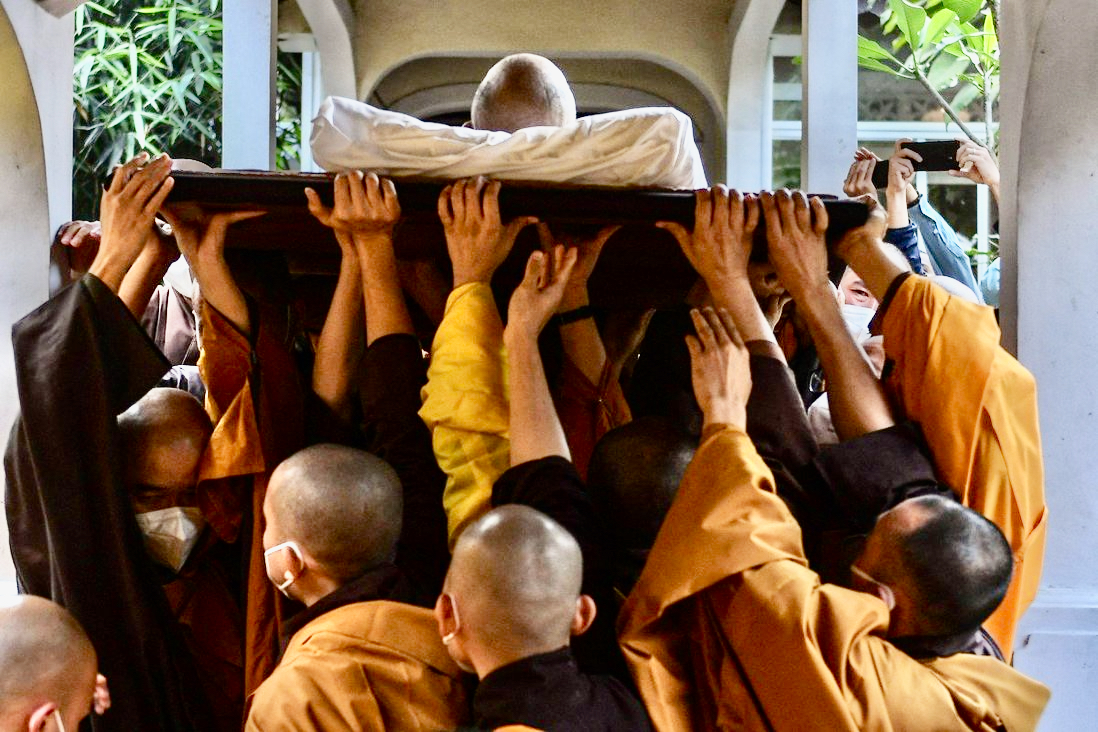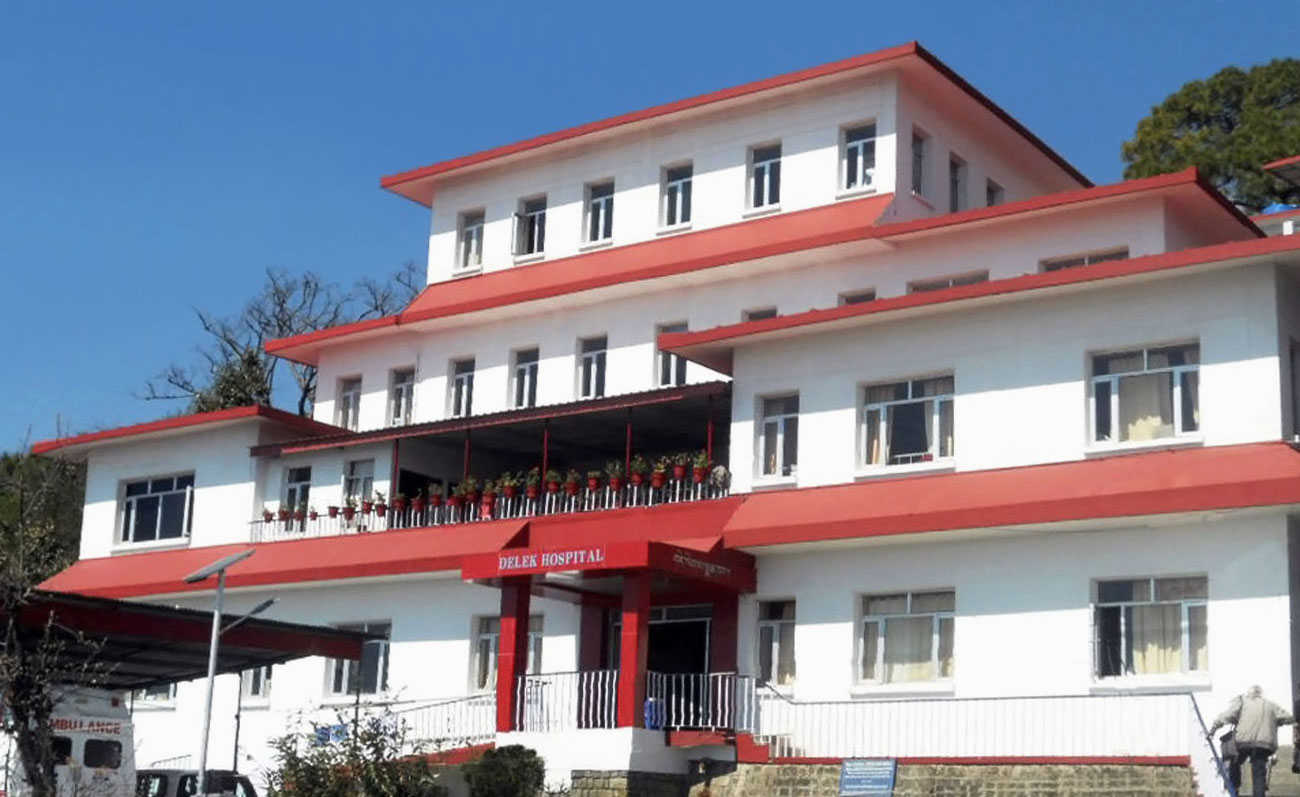The Institute of Buddhist Studies: Forming Spiritual Leaders
How the oldest Buddhist seminary in the United States brings Buddhist practices into the 21st century. The post The Institute of Buddhist Studies: Forming Spiritual Leaders appeared first on Lion's Roar.
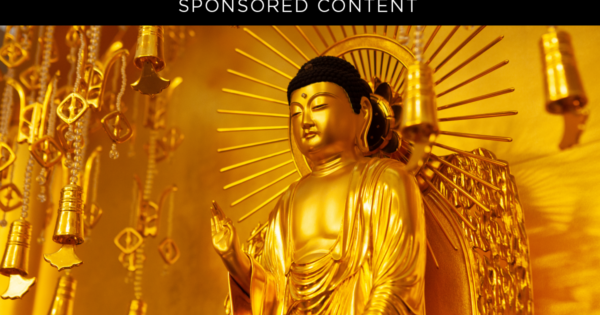
INSTITUTE OF BUDDHIST STUDIES

Forming Spiritual Leaders
How the Oldest Buddhist Seminary in the United States Brings Buddhist Practices into the 21st Century
On a Tuesday afternoon at the Institute of Buddhist Studies (IBS) in Berkeley, CA, Dr. Nancy Lin is leading a discussion about the Bodhicaryāvatāra, Shantideva’s foundational eighth-century Buddhist text known in English as The Way of the Bodhisattva, Guide to Bodhisattva Practice, and other translated titles. Beside Dr. Lin sits Amy Shoemaker, a Master of Divinity student in chaplaincy from El Cerrito, and Ven. Miaojie, a Buddhist nun from Taiwan also studying chaplaincy at IBS. Students unable to attend in person have joined via Zoom, their faces projected and voices amplified by the latest technology in remote learning.
Class begins with care and attention to the student’s mental and psychological state, as Professor Lin checks in about midterm stress levels. She listens deeply to each student and takes in their emotional experience. Soon, however, they transition into a rigorous discussion of the Bodhicaryāvatāra, covering themes of mindfulness and attentiveness within a framework of compassion and wisdom, along with the text’s literary qualities and place in historical and contemporary Buddhist traditions. This week, students have been assigned a chapter from A Flash of Lightning in the Dark of Night, a commentary on Shantideva’s text by H. H. the Fourteenth Dalai Lama, in addition to the selections from the primary text. In Lin’s class, it’s clear that students study Buddhism through both textual analysis and embodied experience and reflection.
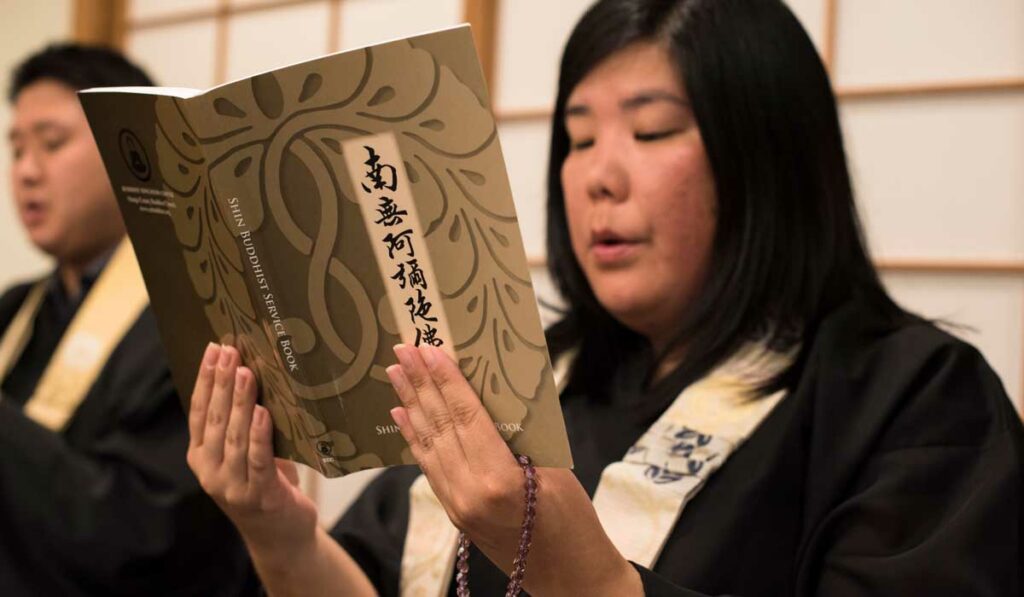
Rev. Candace Shibata (right) and Rev. Tadao Koyama (left)
Applying a revered text to modern times and adapting to COVID-19 in an inclusive way with the use of advanced technology are just a few examples of IBS’s long history of innovating while honoring tradition. As the oldest Buddhist seminary in the United States, IBS’ history is situated in the needs of Japanese Americans after World War II to adapt their religious practices to the cultural makeup of the United States. In 1949, Bishop Enryo Shigefuji of the Buddhist Churches of America began leading a study group in Berkeley called the Buddhist Study Center. This study group began training ministerial candidates in 1956. This was born out of a desire by American born Japanese Americans to be leaders of their own Buddhist temples, to learn Buddhism in English, as well as spread Buddhism outside of their local communities. The Buddhist Study Center grew and evolved until it was large and well established enough to be renamed the Institute of Buddhist Studies in 1966. IBS has been affiliated with the Graduate Theological Union (GTU) since 1984, and became a full member school of GTU in 2021.
This rich history has created deep cultural roots at the Institute of Buddhist Study, as well as a passion for adaptation to modern times. Today we pride ourselves on providing graduate dharmalogical training that encourages and celebrates the diversity of Buddhist traditions in the West. Our faculty also consists of experts in Tibetan Buddhism, Soto Zen Buddhism, Theravada, and Jodo Shin Buddhism. Students similarly reflect a broad spectrum of Buddhist and spiritual identities.
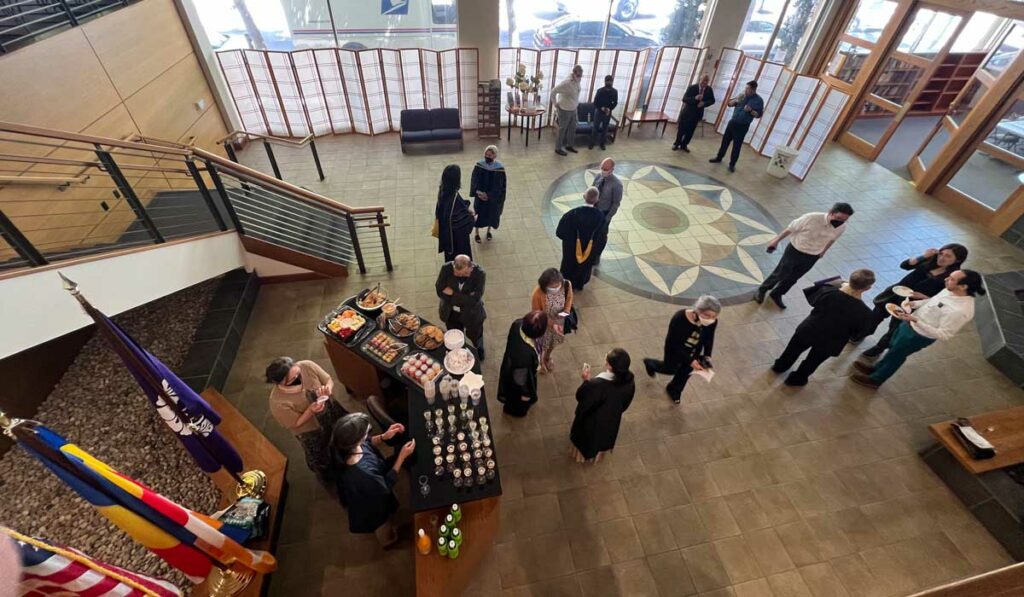
Photo credit: Landon Yamaoka
In 2008 IBS began a program in Buddhist chaplaincy, one of the first programs in the United States. As part of this program, students attend regular spiritual formation meetings, complete field education, and prepare for careers as chaplains in hospitals, schools, the army and other fields. Some alumni go on to work in Buddhist ministry, academia, the military or in the non-profit sector. One example is Rev. Trent Thornley, an IBS alum who is now the executive director at the San Francisco Night Ministry, a non-profit that provides spiritual care to unhoused people on the streets of San Francisco.
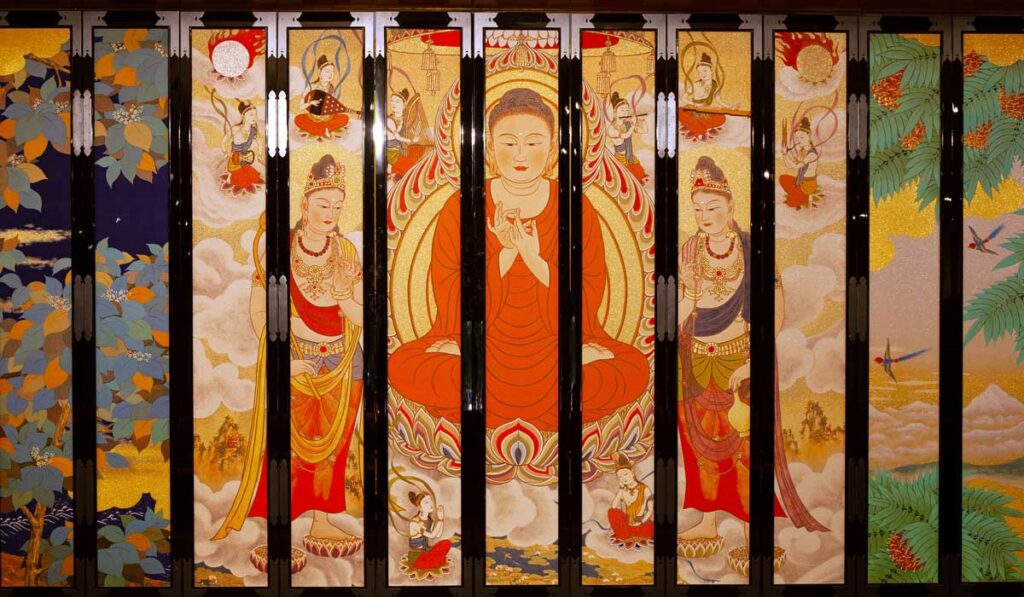
Artwork in the lecture hall at the Institute of Buddhist Studies. Photo credit Benjamin Heller
“Along with the academic rigor, my seminary education at IBS created a container for my formation as a spiritual leader,” Rev. Thornley says. “We were a sangha of students and faculty in relationship with each other as we formed our pastoral identities. It was a special time. The deeply contemplative opportunity IBS afforded me provided the grounding for my later work out in the field — in my case, out on the streets of San Francisco at night.”
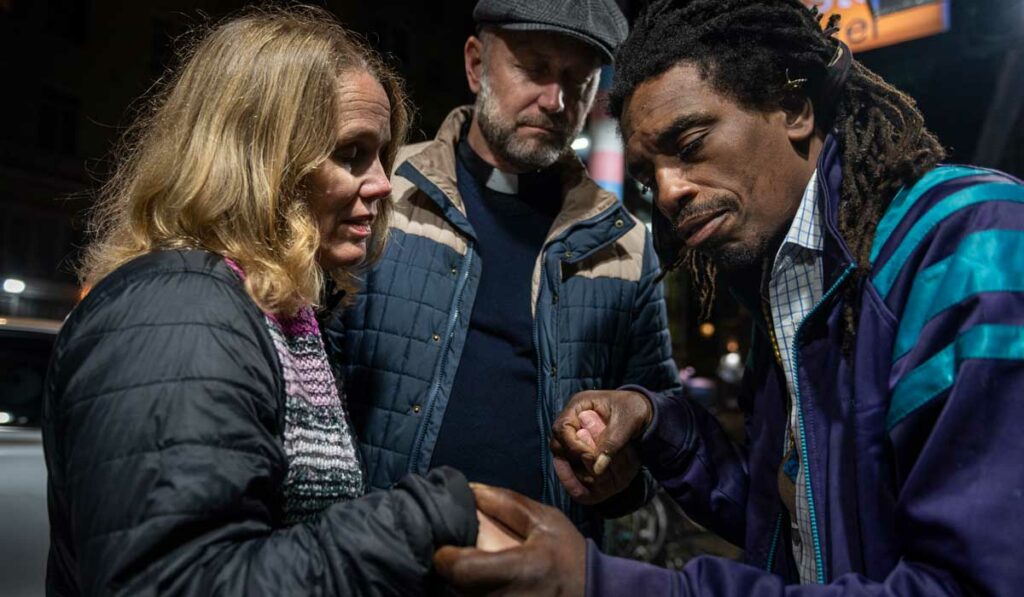
Rev. Trent Thornley, Executive Director of San Francisco Night Ministry, prays with a colleague and an unhoused neighbor. Photo Credit: Federica Armstrong, 2021

 Troov
Troov 








